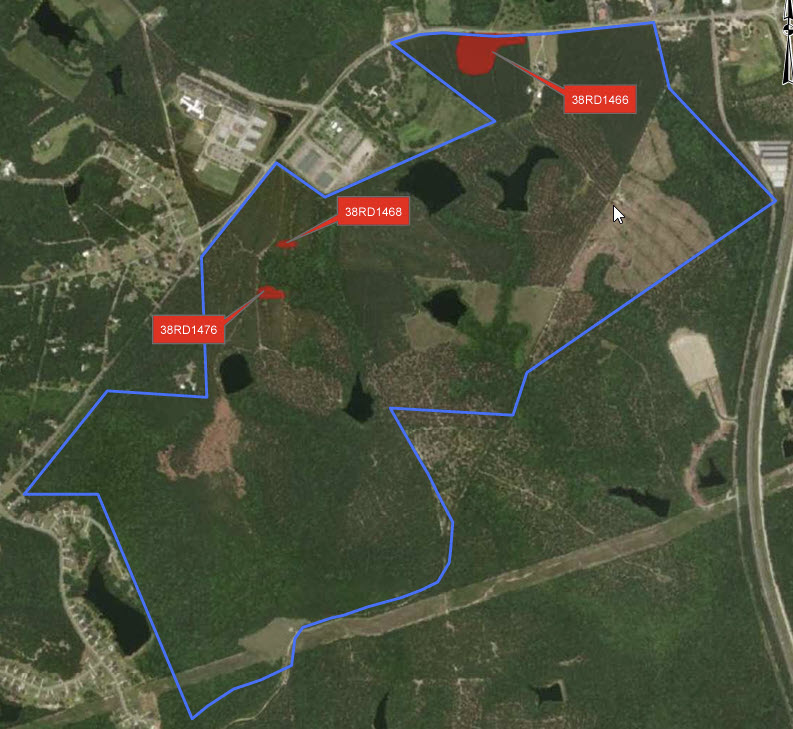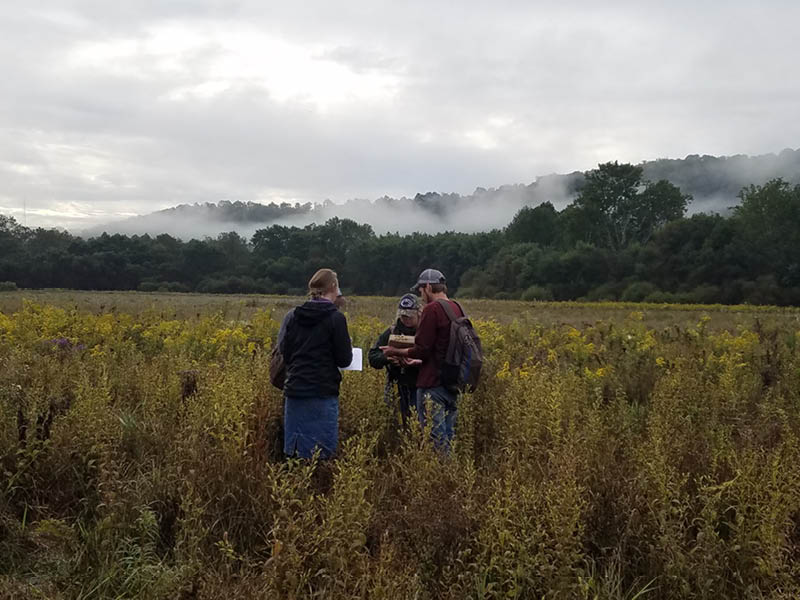Swamp Stomp
Volume 13, Issue 37
Last week we spoke about the idea of doing your best as a means to succeed in life and business. It is a solid concept and not a new one. However, implementation of it can be a bit challenging. The problem arises when we start asking what we are good at. We need to start at “good” before we can get to “best.” If you boil this down a bit further we need to ask ourselves, “what are we doing in the first place and where do we fit in?”
There is an old business concept that helps us focus on where we are in an organization and how to move up the company ladder. It is quite popular in the legal profession and sometimes finds its way into engineering companies. I was first introduced to the idea when I was working for a fairly large engineering company. It was part of a new employee training program. The partners would meet with the new recruits for some business counseling. At the time I did not appreciate the wisdom of what they managers were trying to do. But in retrospect, it was a brilliant plan as it fostered an entrepreneurial spark and at its core encouraged me to do my best.
Each of us in our daily work has some aspect of being a grinder, a minder or a finder. The trick is to know which of these you favor and which of these you desire. There is no better or worse with each of these. Each one carries its own benefits and liabilities. The secret is finding the balance that makes you happy and in turn will be reflective of your best work.
To start, we will discuss what a grinder is. A grinder is the worker bee. They are the folks that actually make or do the things the company produces. Without the grinder there would be no goods or services. A grinder in their pure form shows up for work each day and is told what they will grind out each day. There is no expectation of them other than to produce the goods or services.
Typical examples of a grinder are the folks that put light bulbs in those paper sleeves or who puts the plastic tips on the ends of shoe laces. In the wetlands consulting business a grinder would most likely be the wetland delineation investigator. In short, the grinder is the one who does the work.
The major benefit to being a grinder is that you do not have to look for something to do every day. You go to your manager and they give you a task to do or send you home. Either way, there is no expectation that you will find work or get others to work with you. This is perhaps the lowest stress level of the three.
Of course there is a major downside to being a grinder. It pays the least. Stress and pay level seem to be inexorably linked. The more stress, the more pay.
There is also another major downside to being a grinder. You are always facing the possibility of being replaced by either a better grinder or by automation. I am pretty sure that there is a machine that puts the plastic caps on shoe laces now. The issue of older expensive grinders being replaced by younger cheaper grinders is also a very real phenomena.
Minders keep track of the grinders. These are the managers. They usually have a working knowledge of what the grinders do and organize them to be more efficient. Minders are concerned about production statistics. How many shoelaces did we make today?
The minders are the middle managers. They keep track of timesheets, billable hours, vacation days and production results. In the wetlands business these people are often referred to as project managers. They will do some grinding, but their main job is to make sure that the work is getting done. They may even have some client contact. They will submit progress reports with each invoice and crack the whip if work is not up to par.
The major benefit for a minder is that they make more money than a grinder and probably do not physically work as hard. Their days are mostly spent behind a desk answering client questions, filing reports and managing the grinders. These are the people the grinders go to with their problems.
With all risk there is reward. As a minder, you are acutely aware of how risky you job is. Consequently, the pay is a little better.
The major downside to being a pure minder is that you are in the middle. Guess who gets cut when the company slows down. You need the grinders to get the work done. Perhaps they can manage themselves? Every ten years or so, we go through a company re-engineering, empowering the employees to manage themselves. Sometimes it is called a paradigm shift or thinking outside the box. Aggggh! This is code for the company’s sales are down and they cannot afford the middle managers.
The apex of the company food chain are the finders. These are the rainmakers. These people find the clients that the company works for. These may be the partners, associates or the CEO of the company. They have the least amount of knowledge of how a grinder does their job, but they know people who will give the company money for the work the grinders do.
The major upside to a finder is that they make the most money. I have known some sales people who made substantially more than the company CEO. I worked with one salesperson that was making over $100K per month. He had no idea how the product was made, but he knew how to sell it.
There is a huge downside to being a pure finder. If you do not sell, you do not eat. Most finders work either on a commission basis or if they are a partner in the company, their compensation is some percentage of profit. Lots of risk, but a there is big return if successful.
The secret to your business success is to identify what role you have in the company and then chart a path for where you want to go. There is not right or wrong with your decision. There are many fine grinders out there that are perfectly happy with their lot in life. They may desire more pay, but they sooner eat glass than pick up the phone to make a sales call. That is OK, so long as they recognize that it is their decision to be a pure grinder.
Each of us has a little, grinder, minder and finder in us. Find the ratio that works for you and go for it. The real secret is to make the decision and then act. That is doing your best!



